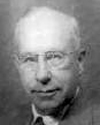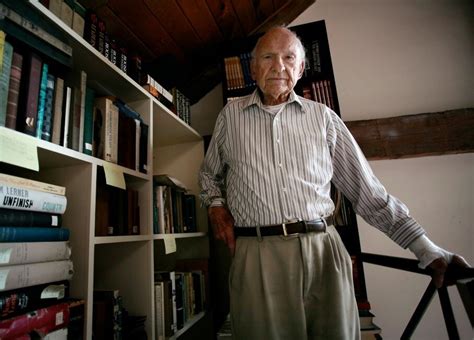A Quote by Chester Barnard
Organizations endure, however, in proportion to the breadth of the morality by which they are governed. Thus the endurance of organization depends upon the quality of leadership; and that quality derives from the breadth of the morality upon which it rests.
Related Quotes
The hypothesis I wish to advance is thatthe language of morality is ingrave disorder.... What we possess, if this is true, are the fragments of a conceptual scheme, parts of which now lack those contexts from which their significance derived. We possess indeed simulacra of morality, we continue to use many of the key expressions. But we have--very largely if not entirely--lost our comprehension, both theoretical and practical, of morality.
What [Nietzsche] calls slave morality is to him purely spite-morality; and this spite-morality gave new names to all ideals. Thus impotence, which offers no reprisal, became goodness; craven baseness became humility; submission to him who was feared became obedience; inability to assert one's self became reluctance to assert one's self, became forgiveness, love of one's enemies. Misery became a distinction
The relations between parents and children are certainly not only those of constraint. There is spontaneous mutual affection, which from the first prompts the child to acts of generosity and even of self-sacrifice, to very touching demonstrations which are in no way prescribed. And here no doubt is the starting point for that morality of good which we shall see developing alongside of the morality of right or duty, and which in some persons completely replaces it.
To come to faith on the basis of experience alone is unwise, though not so foolish as to reject faith altogether because of lack of experience ... the quality of a Christian's experience depends on the quality of his faith, just as the quality of his faith depends in turn on the quality of his understanding of God's truth.
Consider paint a film of light reflecting/absorbing material, and a colored paint a material which gives a particular, characteristic transmission of light via differential absorption and reflection. Call this reflected quality 'luminance' and measure it in millilamberts. This measure is as real and present as height, breadth, depth; and I find the phenomenon equally sumptuous and convincing. . . . Painted light, not color, not form, not perspective, or line, not image, or words, or equations, is painting. I make paintings which do not represent light, they are light.

































